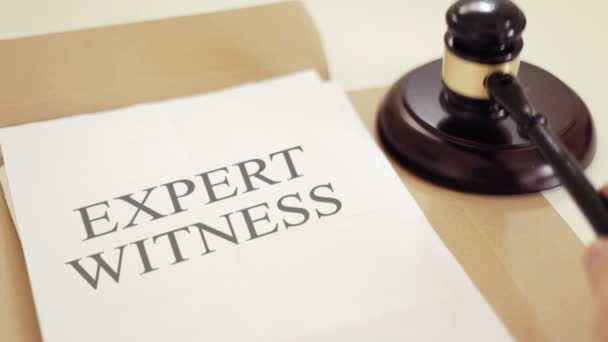
Attorneys who are involved in criminal or civil trials in which a key issue of fact is beyond the understanding of a layperson may need to get testimony from an expert in order to effectively represent their clients. Having to introduce expert witness testimony may be a little daunting, even for experienced litigators. Here are some things that litigators should keep in mind when choosing an expert for trial.
Prioritize Credibility
First and foremost, experts’ experience and education should leave little or no doubt that they are experts in their field. It is advisable to choose an expert who has worked at well-known companies and attended reputable schools. A banking expert, for example, should have practical experience working with prominent financial institutions.
Consider Likeability
Even if experts are clearly knowledgeable, triers of fact will have a difficult time listening to them if they aren’t likable or engaging. When litigators speak with experts in advance of trial, they need to evaluate whether they seem to be personable and if they are capable of explaining complicated subject matter in plain terms.
Research Prior Publications and Statements
Experts do not automatically support the position of the attorney who contracted their services. They offer honest and unbiased opinions on the matter that they are testifying about. When attorneys look for experts, they should review the experts’ published works to gauge their stance on certain matters. They must also bear in mind that opposing counsel could find prior publications or statements that are inconsistent with the position that an expert will advance at trial.
Expert testimony can be difficult to qualify, and it is common for opposing counsel to raise objections subject experts to complicated cross-examination. Nevertheless, testimony from a carefully chosen expert can make complex issues easy for triers of fact to understand and help litigators get the trial outcomes that they want.